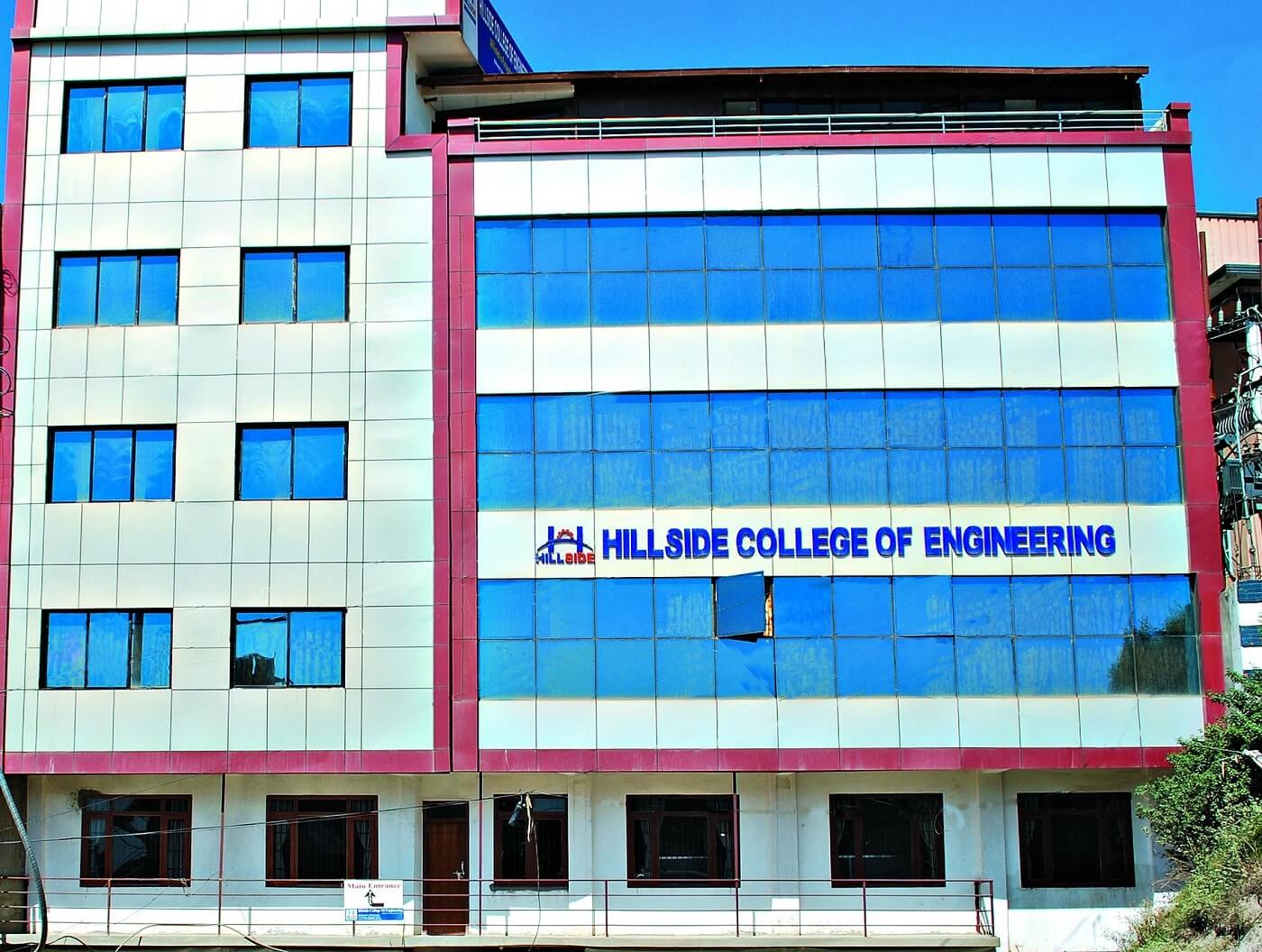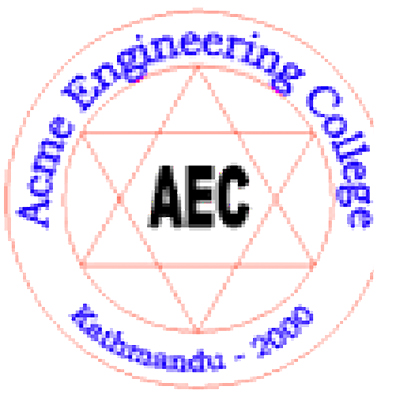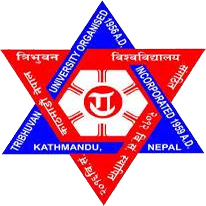Overview
MSc Electrical Power Engineering at Hillside College of Engineering
The MSc in Electrical Power Engineering (MSc Electrical Power Engineering) program at Hillside College of Engineering, located in Balkumari, Kathmandu, offers advanced engineering education focused on designing, operating, and controlling electrical power systems.
This postgraduate program, affiliated with Purbanchal University, offers in-depth knowledge and expertise in power system analysis, power electronics, and renewable energy integration. It aims to produce expert engineering graduates who can lead innovation and research in the power sector.
It focuses on practical application and research to meet modern power system challenges.

Overview of the MSc Electrical Power Engineering Program
The MSc Electrical Power Engineering program is a two-year, full-time postgraduate course designed for students seeking advanced knowledge and specialization in the electrical power sector.
This program builds upon a bachelor's degree in electrical engineering or a closely related field, providing a broad understanding of theoretical principles and practical applications of electrical power systems.
The course focuses on the most important topics within power engineering, such as advanced power system analysis, integration of renewable energy, smart grids, and sustainable energy solutions.
Curriculum Details
The MSc Electrical Power Engineering curriculum is structured to give students an in-depth understanding of modern power systems. It combines core courses, specialized areas, and research-based work.
Core Courses
These courses cover advanced topics essential to all aspects of electrical power engineering:
-
Advanced Power System Analysis: This course focuses on complex analysis methods for power system stability, reliability, and control. Students learn techniques for simulating and analyzing different power system operating conditions.
-
Power System Dynamics and Control: This course explores the dynamic behavior of power systems and control strategies for maintaining stability and reliability, especially during disturbances. It covers advanced control techniques for power system equipment.
-
High-voltage Engineering involves studying the design and analysis of high-voltage systems, including insulation, protection, and testing methodologies. It also teaches students how to handle high-voltage components.
-
Power Electronics for Power Systems: This course covers the application of power electronic devices and circuits for efficient power conversion and control in power systems. Students learn to design power converters for various applications.
-
Renewable Energy Systems Integration: This course studies methods for incorporating renewable energy sources into power grids. It covers analyzing and controlling renewable energy systems, including solar, wind, and hydro.
-
Smart Grid Technologies: This module discusses developing and applying innovative grid technologies. It covers topics like automated metering infrastructure, demand-side management, and cyber security of power systems.
These core subjects provide a strong foundation in the main areas of power engineering.
Specializations
Students can choose specializations based on their interests, such as:
-
Power System Protection: This covers methods of protecting power systems from faults, including advanced relaying schemes and protective equipment.
-
Electrical Machines and Drives: This deals with advanced principles of electrical machines and their drives, including modeling, control, and performance.
-
Power System Planning and Operation: This includes designing and planning power systems for future needs and focusing on efficiently operating existing power grids.
-
Energy Management Systems: This specialization uses various techniques to monitor, manage, and optimize energy use. Students study how to save energy and make use of resources efficiently.
These specializations permit students to concentrate on specific areas within power engineering based on their career aspirations.
Research and Dissertation
The dissertation is vital to the program, allowing students to engage in independent research. Students will research a topic of their choice, apply the knowledge gained from the coursework, and provide a written research paper with their findings.
Program Objectives
The MSc Electrical Power Engineering program has the following objectives:
-
To offer advanced knowledge in the theoretical and practical areas of electrical power engineering.
-
To develop analytical and problem-solving capabilities required for planning and operating electrical power systems.
-
To cultivate an awareness of electrical power systems' environmental and economic impacts and promote sustainable practices.
-
To develop research skills and generate innovative solutions in the power sector.
-
To encourage lifelong learning and professional growth in the fast-evolving field of electrical power engineering.
Scope of the MSc Electrical Power Engineering Program
Graduates of this program will have many career prospects in different fields, including:
-
Power generation and distribution companies.
-
Renewable energy and sustainable power projects.
-
Power system consulting and planning.
-
Research and development organizations.
-
Government and regulatory agencies.
-
Educational institutions and research centers.
Graduates can also pursue research and innovation, contributing to the growth of the electrical power sector.
Learning Outcomes
Upon completing the MSc Electrical Power Engineering program, students will be able to:
-
Apply advanced concepts in power system analysis, design, and control.
-
Analyze complex power system issues and provide efficient solutions.
-
Design and implement new power system technologies.
-
Integrate renewable energy sources into existing power grids efficiently.
-
Conduct independent research and support new knowledge of electrical power engineering.
-
Communicate technical concepts effectively to diverse audiences.
-
Undertake professional engineering practices with an understanding of ethical and sustainability principles.
Skill Development Modules
The college provides modules for the skill development of students:
-
Advanced Simulation Software Training: Students are trained to use MATLAB, ETAP, and PSCAD for advanced power system analysis and simulation.
-
Power System Lab Skills: Students gain hands-on expertise in working with power system equipment and conducting experiments.
-
Research Methodologies: Students will learn various research techniques to conduct their research and interpret results.
-
Technical Writing and Presentation: Students are trained to develop their technical writing skills and ensure that their findings are communicated effectively.
Teaching Methodology
The college uses different methods to give its students a complete education. These methods include:
-
Interactive Lectures: Professors facilitate lively lectures to explore complicated concepts.
-
Hands-on Laboratory Practice: Students work with modern facilities to apply their learning.
-
Project-Based Learning: Students work on projects that simulate real-world scenarios.
-
Seminars and Workshops: Experts from the power sector share their knowledge and viewpoints through seminars and workshops.
-
Research and Thesis Work: Students work on their dissertation, contributing to the field of expertise.
Faculty Expertise
The faculty of the electrical engineering department are experts in different areas of power engineering. Their experience in industry and academia ensures that students pursue theoretical knowledge and practical insights.
Admission Requirements
Admission to the MSc Electrical Power Engineering program requires:
-
A BE in electrical engineering or a closely related field.
-
Successful completion of the college's entrance examination.
-
An interview with the college.
Career Opportunities
Graduates of the MSc Electrical Power Engineering program have various career paths, including:
-
Power system engineer
-
Power electronics specialist
-
Renewable energy consultant
-
Smart grid technologist
-
Power system researcher
-
University professor
-
Consultant in power generation, transmission, and distribution
Student Life and Extracurricular Activities
Hillside College of Engineering offers students a dynamic campus life with different opportunities for personal growth. Students participate in clubs, technical events, and social activities to become well-rounded individuals.
Scholarships and Financial Aid
The college offers a range of scholarships to academically gifted students and those with financial needs. It also helps students find easy bank financing for their education.
Why Choose This Course?
The MSc Electrical Power Engineering program at Hillside College offers several advantages:
-
Advanced curriculum covering modern power system technologies.
-
Qualified faculty with industry experience.
-
Practical learning opportunities with modern labs and facilities.
-
Focus on research and innovation in the power sector.
-
Diverse career options in different areas of electrical power engineering.
Why Choose This College?
Hillside College of Engineering is a good place to pursue a Master's degree because of:
-
It is a well-structured postgraduate program in electrical power engineering.
-
Its commitment to providing research-based learning for the students.
-
It has modern infrastructure and high-quality labs.
-
Its environment is supportive and friendly for students.
-
Its industry collaborations ensure that the curriculum remains up-to-date with market trends.
-
Its dedicated career services help students in their job placements.
Conclusion
The MSc in Electrical Power Engineering program at Hillside College of Engineering aims to produce power engineering experts. Through thorough study of advanced topics, opportunities for practical experience, and a focus on innovation, students are well-prepared for a successful career in the power sector. The program emphasizes technical expertise, research, and integrating environmentally sustainable practices to address future energy challenges.
















